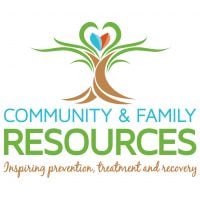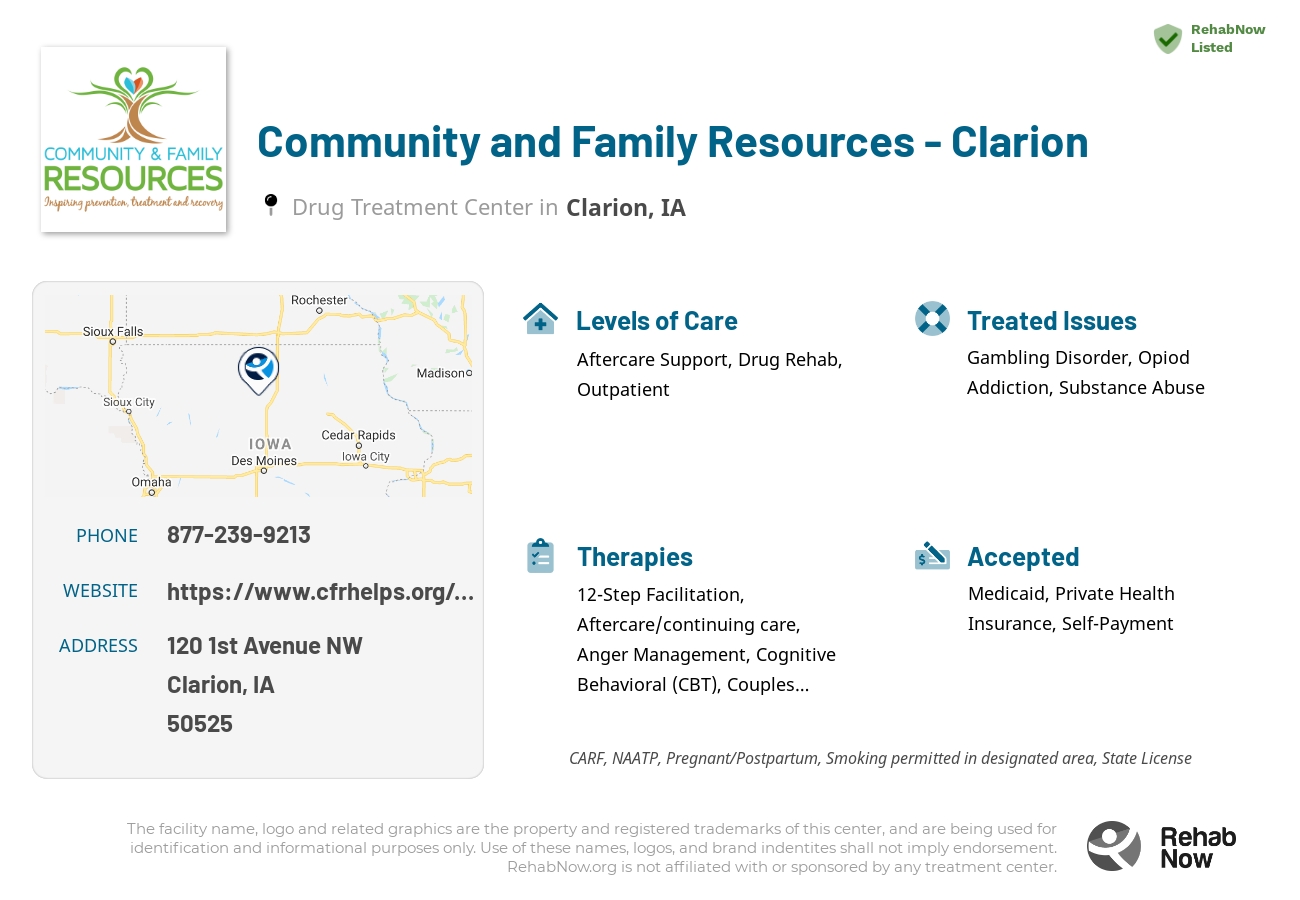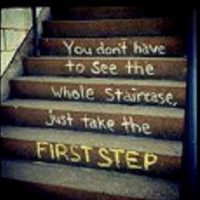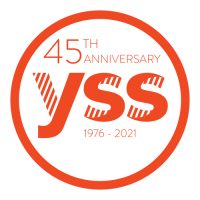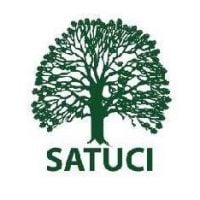Community and Family Resources - Clarion
Drug Rehab Center in Clarion, Iowa
Community and Family Resources - Clarion is an accredited addiction and substance abuse facility in Iowa that offers comprehensive recovery and prevention services, including outpatient counseling, medication-assisted treatment, and mental health services, aiming to promote healthy communities and reduce substance abuse.
About This Iowa Facility
Community and Family Resources - Clarion is an addiction and substance abuse facility providing comprehensive recovery and prevention services for those in need. Located in Clarion, Iowa, their mission is to promote healthy communities by providing accessible and quality care to both individuals and families. Through their services, they aim to reduce substance abuse and provide counseling and support to individuals to help them live their best life.
Community and Family Resources - Clarion offers an array of services and resources to assist individuals in overcoming addiction. Their addiction services include outpatient counseling, medication-assisted treatment, and stress management classes. They also provide relapse prevention services, such as individual and family therapy, to help individuals stay clean and sober. In addition to these services, they also offer mental health services, case management, and residential services for those who need more intensive support.
Community and Family Resources - Clarion is accredited by the Commission on Accreditation of Rehabilitation Facilities (CARF) and is licensed by the Iowa Department of Human Services. They also offer unique services such as the Women’s Healing and Empowerment Group, which provides support to women who have experienced trauma. Additionally, they accept most major insurance providers, making their services accessible to those in need.
Genders
Ages
Modality
Additional
Accreditations
State License
SAMHSA

CARF
The Commission on Accreditation of Rehabilitation Facilities (CARF) is a non-profit organization that specifically accredits rehab organizations. Founded in 1966, CARF's, mission is to help service providers like rehab facilities maintain high standards of care.
Conditions and Issues Treated
Opioid abuse has become a national epidemic in the last decade. The US has one of the world’s highest rates of opioid use and abuse, as well as opioid-related deaths. Opioids are classified as Schedule II-IV controlled substances in the US due to their high potential for abuse.
Oxycodone, hydrocodone, methadone, and fentanyl are the most common Opioids and are commonly prescribed to treat pain. Tolerance to opioids develops over time, making life difficult, if not impossible, without them. Opioid users often obtain the drugs illegally. They can be drug dealers, friends, or family members who do not have valid prescriptions.
The desire for a more intense high than prescription opioids can quickly lead to heroin use. Heroin users are more prone to illness and death due to the high risk of overdose.
Many opioid addicts who seek treatment believe that the only way to overcome their addiction is through medical detox and long-term drug addiction rehab. To help patients wean off their addiction and reduce the risk of overdose, medication-assisted therapy (MAT) involves prescribing a replacement opioid. Doctors use MAT in conjunction with other anti-craving medications to help patients maintain recovery. Due to the high risk of relapse, MAT is often combined with individual and group counseling and social support programs.
Levels of Care Offered at Community and Family Resources - Clarion
This center offers a variety of custom treatment tailored to individual recovery. Currently available are Aftercare Support, Drug Rehab, Outpatient, with additional therapies available as listed below.
An outpatient treatment program is set up to help with alcohol or drug addiction or a co-occurring disorder. The patient must attend the facility for their therapy and other programs but can return home each night.
The frequency of mandatory attendance decreases after much of Community and Family Resources - Clarion‘s program is complete.
Outpatient treatment is a recovery approach that allows recovering addicts to live at home while getting rehab for addiction
An outpatient can include day treatments which include attending group sessions one hour per week. A person living in an outpatient environment may be allowed the opportunity to work full time if they choose to and continue studies without interruption from drugs/alcohol.
Outpatient treatment is an option for people who want to maintain their careers and families. Outpatients live at home but attend treatment such as individual counseling, group counseling, or twelve-step meetings during the day.
Aftercare support is vital to the success of someone in drug or alcohol treatment. It involves assisting with entering a sober living home, getting career counseling or educational assistance and even getting the individual lined up with programs like AA and NA. This support helps recovering addicts readjust to normal day-to-day activities and maintain sobriety.
When a person is in drug or alcohol treatment, they have to increase their focus on themselves. They need to learn how to recognize the triggers that cause them to relapse and learn the habits that would benefit them if they were to be sober. This is all part of the growth in recovery, and aftercare is essential to that process.
Therapies & Programs
At Community and Family Resources - Clarion , to learn from past mistakes and improve one’s situation, the recovering person meets individually with a therapist. The counselor or therapist will address addiction causes, triggers, mental issues, dual diagnosis, and aftercare plans during this time. This is a very intense and challenging process. Some clients find it easier to open up to someone other than family or friends who understand their struggles with addiction.
Couples therapy sessions are typically used to help couples in recovery from drug addiction work through their issues. These types of sessions can be beneficial for many reasons, including the fact that they add a layer of accountability when both partners in a couple are recovering from addiction.
Therapy can also provide addicts with another effective way to cope with stress and avoid relapse during difficult situations. This type of therapy can help improve communication with their partners, which can strengthen the relationship and prevent future problems that might lead to relapse.
Family therapy is a crucial part of drug treatment and getting sober. It is one of the most effective ways to help addicts stay on the path to long-term sobriety. An addict’s family can play a vital part in helping them to avoid relapse. They can spot the warning signs and help them get back on track.
In group therapy, recovering addicts meet with a therapist and other people in recovery. Some groups are closed, meaning only people who share the same addiction or problem can attend. Others are open to anyone who wants to stop using drugs or drinking alcohol. Group therapy sessions typically focus on one topic each week or month so that recovering addicts can discuss issues they face daily.
Trauma therapy allows people to face and learn from past traumas.
Many people suffer childhood traumas that lead to adult addiction. During treatment at Community and Family Resources - Clarion [/type], you can move forward in your recovery and reclaim your sober future! Trauma is a common cause of psychological disorders like Addiction Disorder. It’s common in Addictive Disorders patients because traumatized people have strong emotions or thoughts that lead to addictive behaviors.
Cognitive Behavioral Therapy (CBT) is based on the idea that how we feel, think and act all interact together. It helps people explore their thoughts for problems (or false beliefs) that influence their mood and actions. CBT is very goal-oriented, which means that the therapist and patient work together on a specific problem. In addition to helping a client focus on thoughts that can be changed, CBT also allows them to take an active role in their treatment. Our thoughts determine our feelings and behaviors; our feelings affect our thoughts, and our behaviors change our thoughts and feelings.
Payment Options Accepted
For specific insurance or payment methods please contact us.
Is your insurance accepted?
Ask an expert, call (888) 674-0062
Community & Family Resources Associated Centers
Discover treatment facilities under the same provider.
- Community & Family Resources - STARS Adolescent Program in Fort Dodge, IA
- Community and Family Resources - Boone in Boone, IA
- Community and Family Resources - Ames in Ames, IA
- Community and Family Resources - Rockwell City in Rockwell City, IA
- Community & Family Resources - South 17th Street in Fort Dodge, IA
Learn More About Community & Family Resources Centers
Additional Details
Specifics, location, and helpful extra information.
Clarion, Iowa 50525 Phone Number(515) 576-7261 Meta DetailsUpdated November 25, 2023
Staff Verified
Patient Reviews
There are no reviews yet. Be the first one to write one.
Clarion, Iowa Addiction Information
Iowa ranks 2nd lowest in the nation for illicit drug use, but 12% of its residents are still using these drugs every single year. Methamphetamines account for more than 90% of all drug-related prison admissions in Iowa. Alcohol is the most widely abused substance in the state, with 23% of residents admitting to heavy drinking.
Treatment in Nearby Cities
- Tipton, IA (149.1 mi.)
- Elkader, IA (118.5 mi.)
- Manchester, IA (117.1 mi.)
- Perry, IA (64.7 mi.)
- Marengo, IA (107.1 mi.)
Centers near Community and Family Resources - Clarion
The facility name, logo and brand are the property and registered trademarks of Community and Family Resources - Clarion, and are being used for identification and informational purposes only. Use of these names, logos and brands shall not imply endorsement. RehabNow.org is not affiliated with or sponsored by Community and Family Resources - Clarion.
